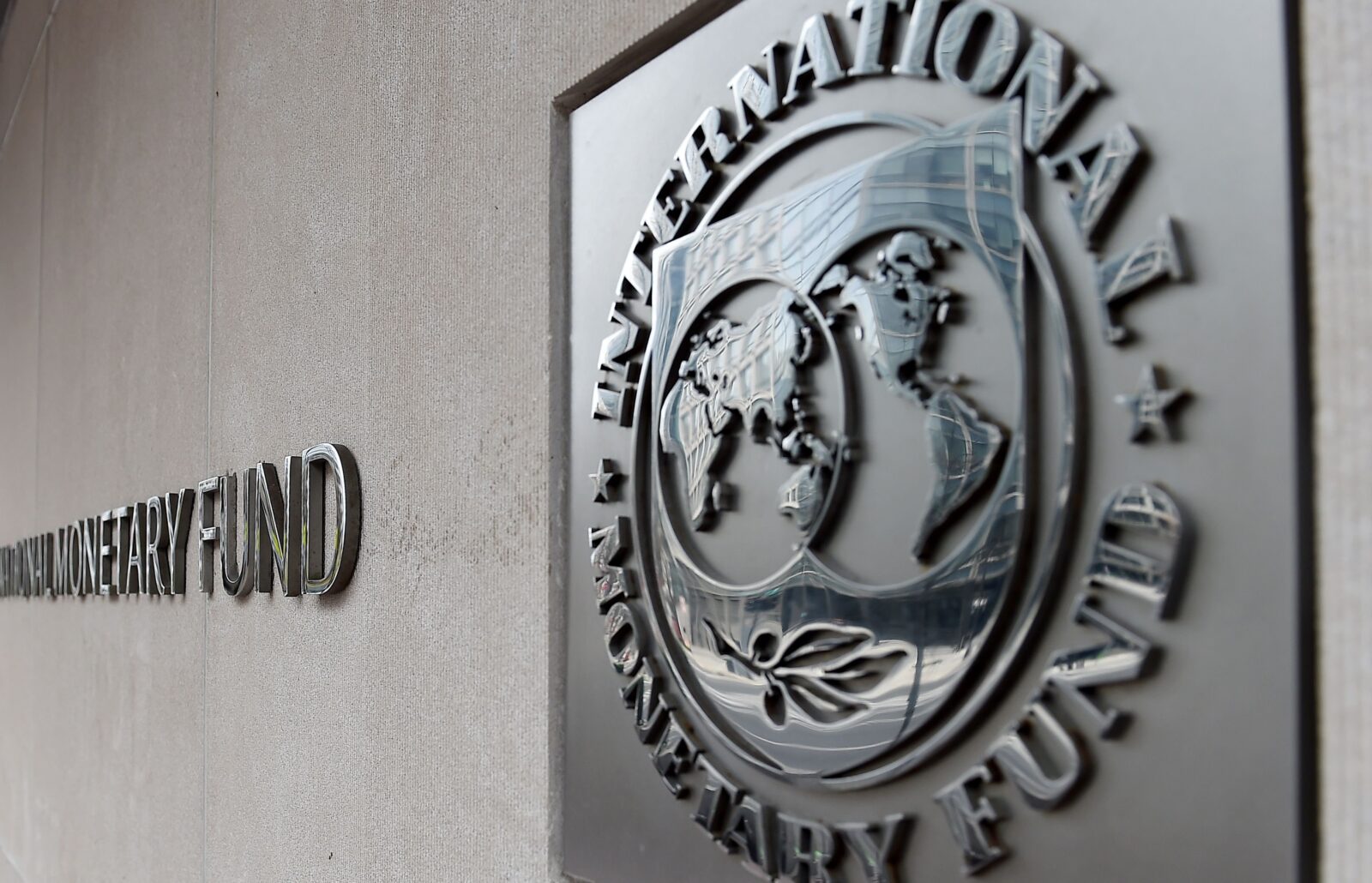From Adanna Nnamani, Abuja
Although Nigeria has cleared its $3.4 billion COVID-19 loan to the International Monetary Fund (IMF), the country remains burdened with a massive N74.38 trillion in domestic debt and $44.9 billion in external debt (about N144.67 trillion) as of December 2024.
The mounting debt, experts note, highlights the complex economic challenges Nigeria must navigate to ensure long-term financial stability and sustainable growth.
The latest data from the Debt Management Office (DMO), excluding the figures for the first quarter of 2025, reveals that Nigeria’s domestic debt profile remains heavily reliant on long-term and short-term instruments issued by the Federal Government. The largest share is attributed to FGN bonds, which amount to N55.44 trillion, making up nearly 75% of the country’s total domestic debt. Other significant components of Nigeria’s domestic debt include Nigerian Treasury Bills at N12.35 trillion, other domestic instruments at N3.97 trillion, promissory notes at N1.54 trillion, and FGN Sukuk bonds at N992.56 billion.
While Nigeria has made progress in repaying its $3.4 billion COVID-19 loan to the International Monetary Fund (IMF), its external debt remains a significant burden. As of December 2024, the country’s total external debt stood at $44.9 billion. The top five creditors include Eurobond holders at $17.32 billion, the World Bank (IDA) at $16.56 billion, Exim Bank of China at $5.06 billion, the African Development Bank (AfDB) at $2.10 billion, and the IBRD (World Bank) at $1.24 billion. Nigeria’s exposure to commercial debt markets, particularly through Eurobonds, introduces higher interest costs and greater vulnerability to refinancing risks. Despite settling the principal IMF loan, Nigeria remains obligated to pay around $30 million annually in Special Drawing Rights (SDR) as part of service charges and administrative fees until 2029, a standard condition for IMF facilities.
This ongoing debt burden is driven by several factors. The depreciation of the naira, now trading at around N1,550/$1, has made dollar-denominated debt more expensive in naira terms. High budget deficits continue to drive the need for both domestic and foreign borrowing, and maturing short-term securities, such as Treasury Bills, require frequent refinancing, often at higher costs.
While Nigeria’s repayment of the IMF loan is a positive step, analysts warn that the country’s wider debt sustainability remains a concern. The government faces a heavy debt service load, particularly as Eurobond maturities approach, and global interest rates remain relatively high. To reduce its reliance on borrowing, Nigeria must focus on expanding non-oil revenues, controlling recurrent spending, and pursuing deeper structural reforms. While debt can fuel growth, its impact is only positive when managed prudently and used effectively.


















Leave a comment